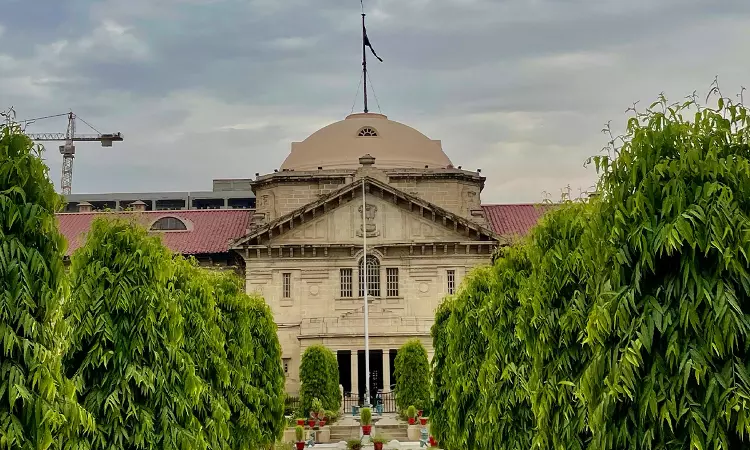Sustainability Of Punishment Order Questionable If Procedure Not Followed During Inquiry Stage: Allahabad High Court
Upasna Agrawal
13 July 2024 10:00 AM IST

Next Story
13 July 2024 10:00 AM IST
The Allahabad High Court, while considering the case of a Judicial Officer, held that if procedural requirements were not followed at the stage of inquiry against a delinquent officer, the validity of the punishment order passed subsequently could be called into question. “Failure to follow procedural requirements during inquiry stage raises a serious concern about the validity of...
